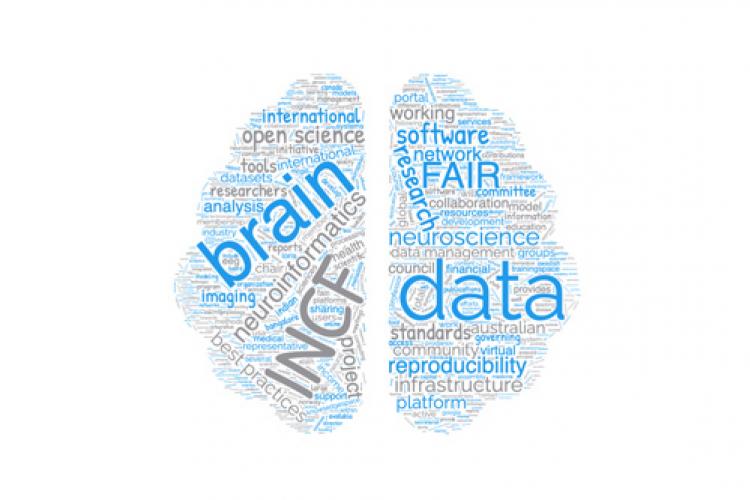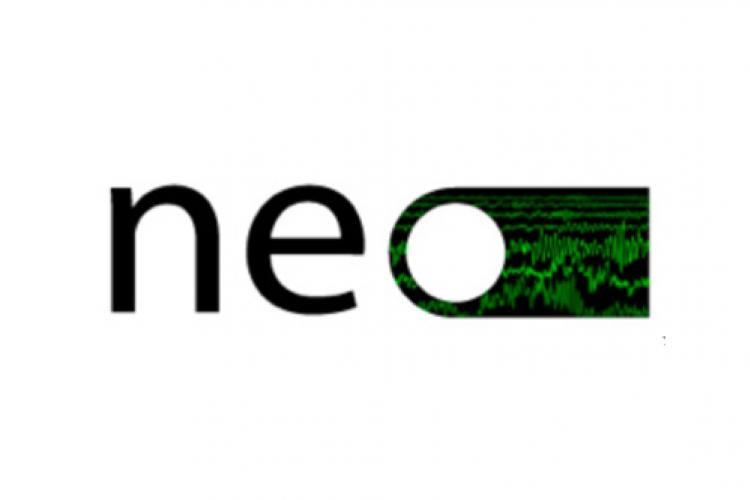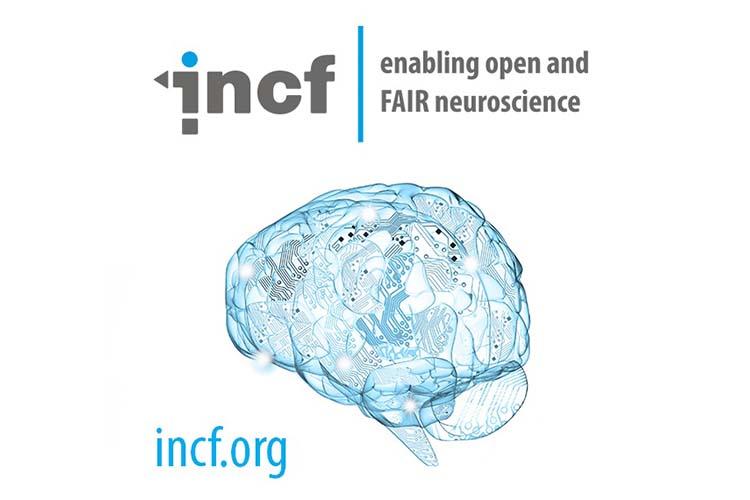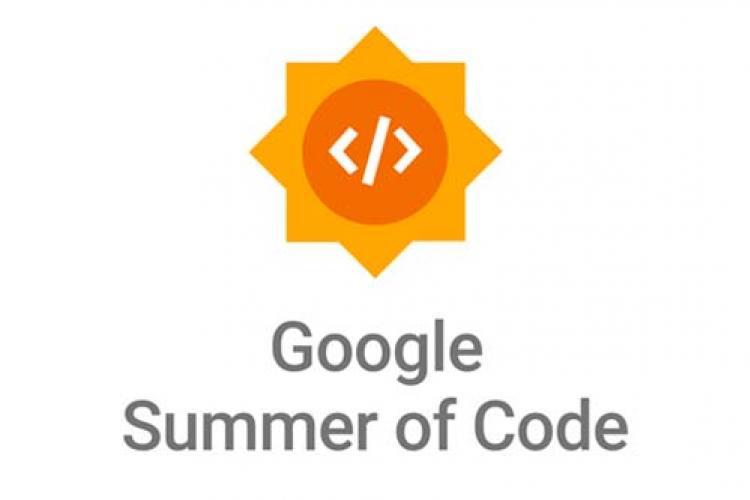INCF community blog
The INCF community blog is where we collect news, success stories, information about the INCF Assembly, our workshops, and community activities. Community members are encouraged to submit relevant job openings, write guest posts, review and recap events, and suggest content that they would like to see featured on the blog.
Do you have a success story related to neuroinformatics, standardization, or FAIR and open neuroscience? Are you hiring for a job related to neuroinformatics? Did you attend one of our events and want to do a write-up? Let us know in this form!

Having read about the FAIR principles in our last post, you might wonder - what is metadata? Metadata is data that describes other data. It summarizes basic information about data, making it easier to find and work with particular instances of data. To be as useful as possible, metadata needs to be standardized so it can be used and understood by many, and especially by machines.

Rapid technical development means that neuroscience datasets are growing ever bigger and more complex, which makes them harder to store, analyze and share. However, if data are organized, well defined and well described in a standardized way, computational methods can help.

On June 20-23, the International Data Week conference is taking place in Seoul, South Korea. Simultaneously, the international research data community will take the opportunity to highlight and discuss research data issues publicly, mostly online.

INCF is asking for your help to review the Neo object model for electrophysiology data, to assess its value as a community standard.
Neo is an object model for handling electrophysiology data in multiple formats. It is suitable for representing data acquired from electroencephalographic, intracellular, or extracellular recordings, or generated from simulations.

The INCF/OCNS Software Working Group is hosting a virtual five-day satellite event with neuroscience software tool tutorials on June 27 - July 1, before the CNS*2022 conference.
 The INCF Secretariat and community are deeply saddened to hear of the passing of Gordon Shepherd: a great supporter of the INCF mission and a much appreciated friend and colleague. Gordon will be sorely missed and his enthusiasm and kindness will live on - he was a truly neuroinformagical person.
The INCF Secretariat and community are deeply saddened to hear of the passing of Gordon Shepherd: a great supporter of the INCF mission and a much appreciated friend and colleague. Gordon will be sorely missed and his enthusiasm and kindness will live on - he was a truly neuroinformagical person.
The Allen Institute OpenScope Program, DANDI Archive, Neurodata Without Borders (NWB), and The Kavli Foundation are joining up to arrange a hackathon for secondary analysis of neurophysiology data on October 3 - 5, 2022 at the Allen Institute.

This summer, INCF industry member Mathworks will sponsor INCF-supported summer projects for trainees to work on neuroscience-related Community toolboxes. During a trial run last year, four trainees worked with mentors from the toolboxes Automatic Analysis, EEGLAB, FieldTrip and MatNWB.

INCF’s 12th year as a Google Summer of Code (GSoC) mentoring organization will be the biggest yet; 40 of our projects were accepted!
 The INCF Infrastructure Committee’s “Recommendations for repositories and science gateways from a neuroscience perspective” has been published today, May 16, as a Comment in Scientific Data. The INCF Infrastructure Committee (IC), then led by Wojtek Goscinski, started the project with dual purposes - to help neuroscience researchers choose good services for their specific use cases, and to help service providers make good and future-proof decisions for setup and operations.
The INCF Infrastructure Committee’s “Recommendations for repositories and science gateways from a neuroscience perspective” has been published today, May 16, as a Comment in Scientific Data. The INCF Infrastructure Committee (IC), then led by Wojtek Goscinski, started the project with dual purposes - to help neuroscience researchers choose good services for their specific use cases, and to help service providers make good and future-proof decisions for setup and operations.

